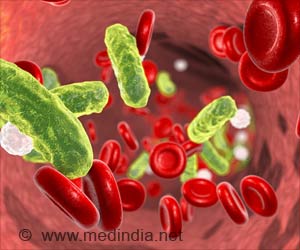Distinctive biological markers that could aid in earlier detection of pregnancy risks or complications have been identified.

‘Distinctive biological markers that could aid in the earlier detection of pregnancy risks or complications have been identified through microRNAs in maternal placental blood.
’





“Our group has had a long-term interest in developing screening tests to identify pregnant women early in pregnancy who are at risk of pregnancy complications. The earlier we can identify those at risk the earlier we can implement extra clinical monitoring and prevention strategies,” says Professor Roberts, who leads the PHaB Lab. Unique Biomarker
The study team thereby looked at unique genetic codes (microRNAs) in the placental blood of pregnant women in early to mid-pregnancy, to identify the biomarkers.
It was found that microRNAs are capable of determining adequate oxygenation to placenta that is present in the maternal blood.
“We also found that the amount of a cluster of microRNAs from Chromosome 19, which are only made by the placenta and are present in maternal blood, change in response to the initiation of maternal blood flow into the placenta after 10 weeks of gestation. Our data suggests it is possible from a simple blood test from the mother to identify babies who may not be getting enough oxygen in the womb via the placenta and would benefit from extra clinical monitoring,” says lead author Melanie Smith, who completed the research while at the Robinson Research Institute, University of Adelaide.
Advertisement
Source-Medindia















